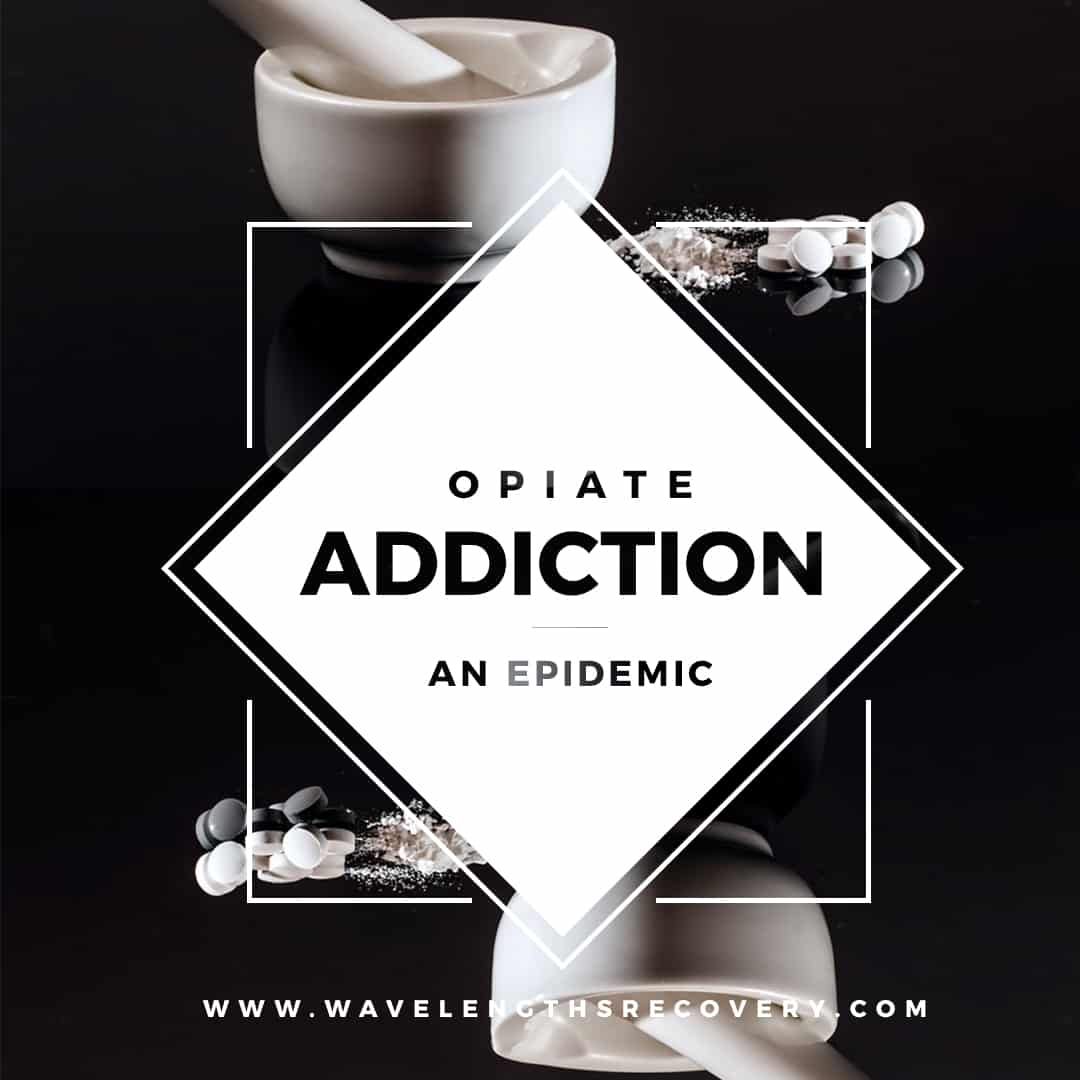Opiates painkillers are becoming one of the highest misused medications in the United States today. And yet, according to the recent U.S. Surgeon General’s Report, over 289 million prescriptions are written each year. The population in the United States is only five percent of the world population, the U.S. population consumes about 80 percent of the world’s opioid pain medication resulting to the opiate addiction epidemic.
There is one way of changing this opioid abuse. Addicts need to get past the denial that abusing these drugs, though prescribed, is not a substance addiction problem. This is the first step. People need to be exposed to the truth, and doctors and people generally trusted to help and guide medical problems need to be very honest. This process is necessary to see the hurt and pain inside, and how addicts are hurting others around them. Admitting defeat over this is the next part of this process. Addiction is a brain disorder, so understanding this an essential key.
Suppose that the addict has gotten this far—so what is next? Ask for help! Addicts need to be open to others who want to help. Education about the destructive behavior that is affecting the people in an addict’s life is necessary. When the understanding of these behaviors and the damage they cause helps everyone around see what options are out there. Taking advantage of this help, whatever way it comes, is the only way to break free from the opiate’s disorder in their heads. And not allowing help only leads to further abuse of these drugs. Studies have found that using opiates moves to heroin use next in many cases. Heroin overdoses are up 25% from the previous years, with little chance of any positive results. Fentanyl is now being added to making heroin, which has created an even greater chance of overdose and death.
After asking for help, the next step to move forward to having a life free from this form of slavery is finding a place of recovery. Treatment can come in many forms of facilities but making sure it is a place that cares about the addict’s struggles and open to what an addict need is important. Many treatment facilities have a variety of support in opiate addiction, understanding the brain disorder, and what other complications can contribute to this. If the opiate addict has depression or other mental issues that can affect behavior on a daily basis, finding a place that deals in all of these issues are crucial. All of this can make a substantial change in life. Take the chance to follow the steps to success!





Share This Article